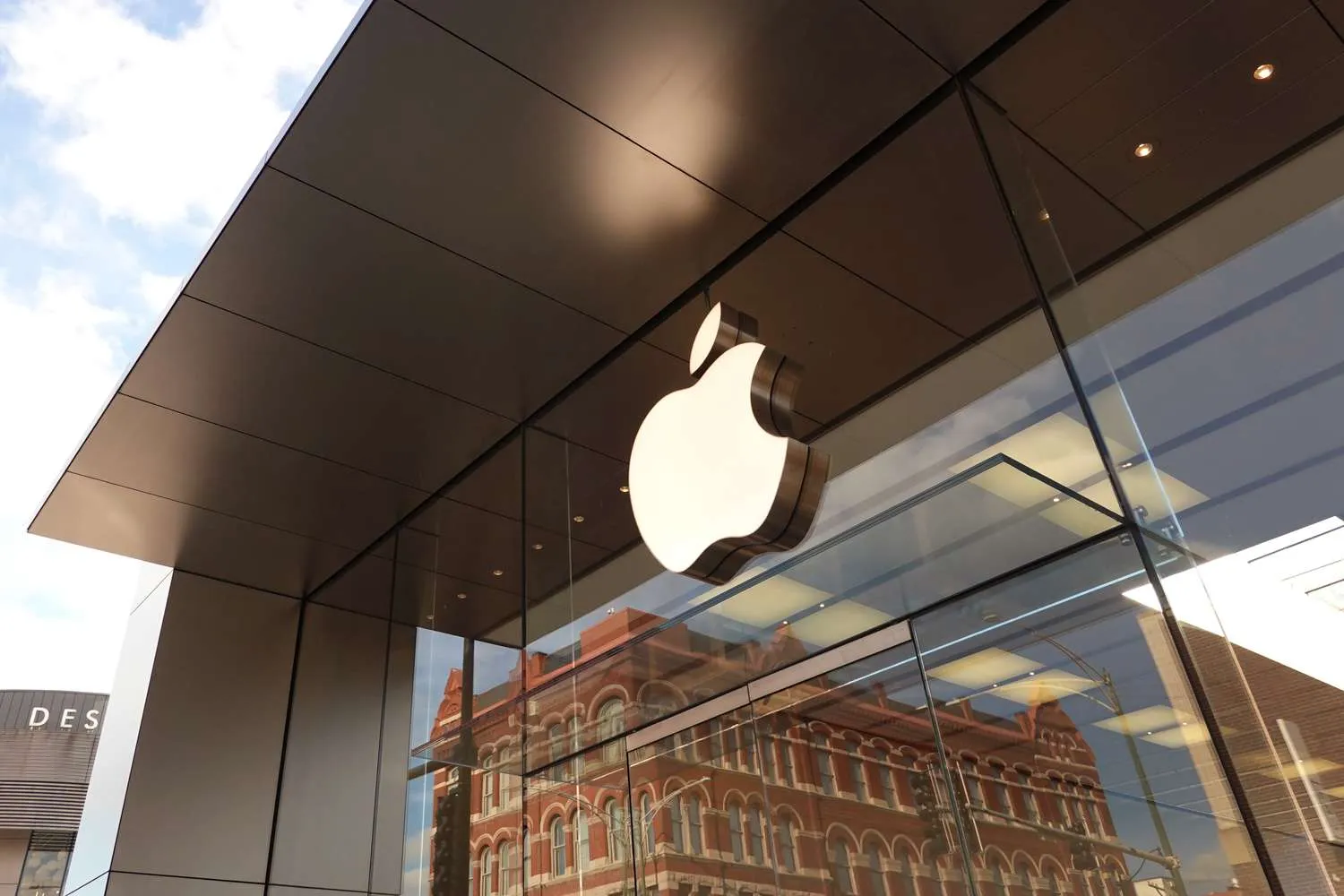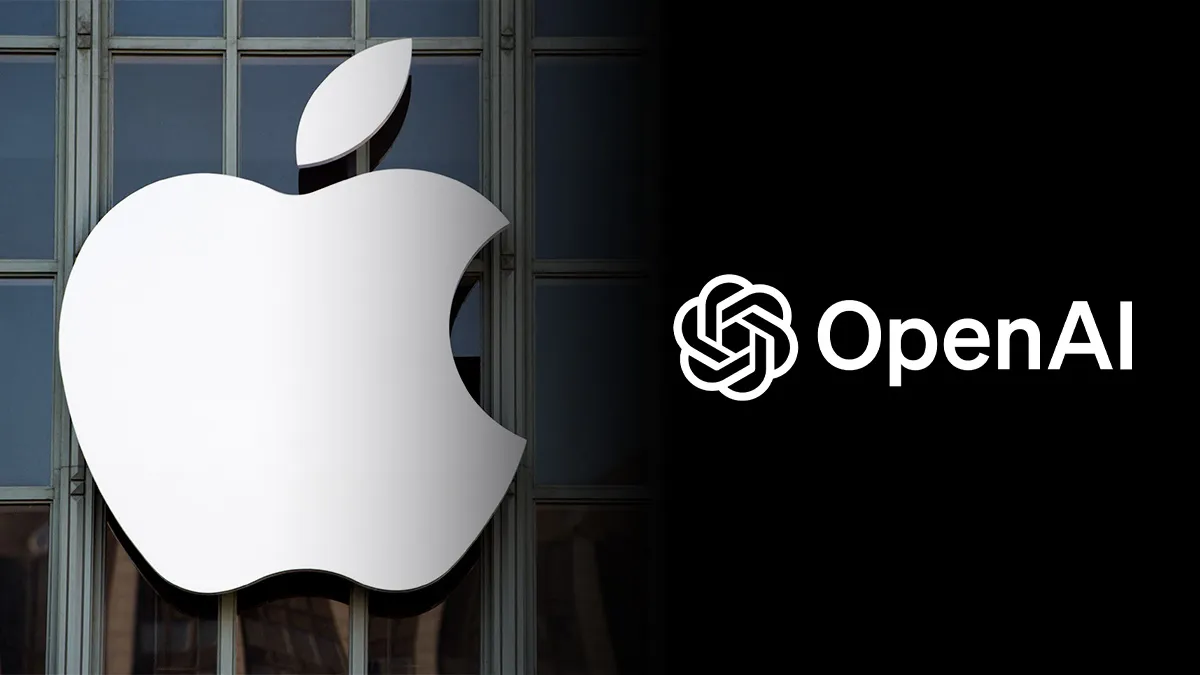Apple’s journey into the world of artificial intelligence has been anything but smooth. A behind-the-scenes report from The New York Times has shed light on some surprising internal conflicts that hindered Apple’s ability to compete in the rapidly evolving AI race. One of the key revelations? A budget dispute involving Apple’s CFO Luca Maestri, who reportedly scaled back a crucial AI investment despite Tim Cook’s approval. This move is now being considered a significant misstep as Apple struggles to catch up with AI leaders like Google, Microsoft, and Meta.

A Budget Disagreement That Hampered AI Progress
In early 2023, Apple’s AI head John Giannandrea sought approval to significantly expand the company’s GPU capabilities, but the pushback came from an unexpected source: Luca Maestri, Apple’s long-time CFO. While Tim Cook initially gave the go-ahead to double the GPU budget, Maestri allegedly scaled it back to less than half of the proposed increase. This decision had major consequences for Apple’s AI strategy, particularly at a time when AI-powered systems were taking off at a rapid pace across the tech industry.
According to Tripp Mickle at The New York Times, Apple’s data centers were using roughly 50,000 GPUs, many of which were over five years old. In comparison, AI leaders such as Microsoft, Amazon, Google, and Meta were purchasing hundreds of thousands of these chips to power their own AI initiatives. Despite Cook’s approval to significantly increase spending on GPUs, Maestri’s financial caution left Apple under-equipped in the race for AI dominance.
The Consequences of Cutting Back on GPU Investment
The shortage of GPUs meant that Apple’s AI teams had to scramble for data center computing power from external providers like Google and Amazon. With Nvidia’s leading chips in high demand, Apple was forced to use alternative chips produced by Google for its AI development. This decision, while perhaps cost-effective in the short term, likely slowed down Apple’s ability to keep pace with its competitors.

In hindsight, Maestri’s move seems even more questionable given Apple’s immense cash flow and increased R&D spending in recent years. The company had the resources to make the investment, but internal financial oversight ultimately led to a delay in Apple’s AI development, a setback that could have been avoided with a more robust budget allocation.
Leadership Struggles: More Than Just a Budget Issue
While Luca Maestri’s decision to cut back on GPU spending certainly played a key role in Apple’s AI struggles, it wasn’t the only factor. Mickle also highlights internal leadership struggles, notably between Robby Walker, who previously led Siri, and Sebastien Marineau-Mes, a senior executive in software. These leadership disputes further complicated Apple’s ability to move swiftly and cohesively in the AI space, contributing to the company’s delayed response to the industry’s growing AI demands.

Yet, in the grand scheme of things, the GPU budget reduction stands out as a particularly striking error. As AI continues to play a larger role in shaping the future of technology, Apple’s early reluctance to invest properly in its infrastructure could have long-term consequences.
Looking Back: What Could Have Been?
With the benefit of hindsight, it’s clear that Apple’s reluctance to fully commit to AI hardware investment during a critical time has been a costly mistake. As the AI landscape continues to evolve, it’s hard not to wonder how different things might have been had Apple’s leadership decided to fully back John Giannandrea’s vision for AI development.
While Apple’s efforts in AI and machine learning are still progressing, the company is now playing catch-up to its rivals, who have already established a strong presence in this space. The Vision Pro, Siri, and other AI-powered initiatives are still on the table for Apple, but without the proper investment, it’s unclear how quickly the company can recover its lost ground.
As we continue to watch Apple’s AI journey unfold, the question remains: will the company double down on its commitment to artificial intelligence, or will its past missteps continue to hold it back from becoming a true leader in this field?










